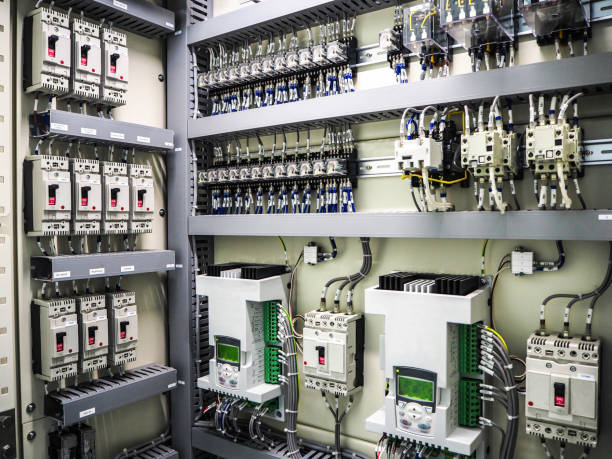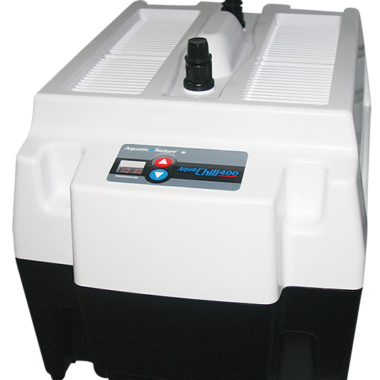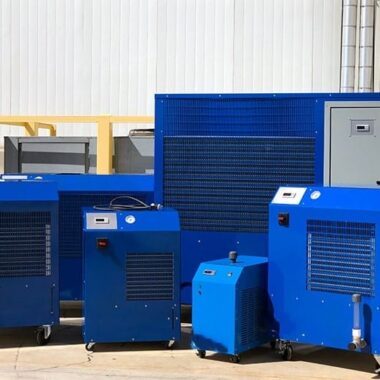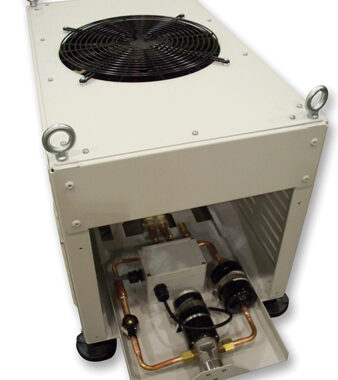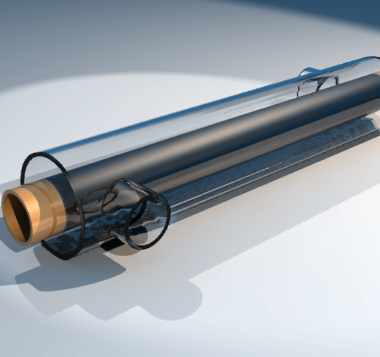Chiller Control Panels
Introduction
Chiller control panels are the central hub for managing and optimizing the performance of chiller systems. They regulate temperature, pressure, and system operations, ensuring efficient and reliable cooling across various industrial applications. With advancements in technology, modern chiller control panels offer features like remote monitoring, energy management, and automated diagnostics.
User-Friendly Interface
A well-designed interface allows operators to easily monitor and adjust the chiller’s performance. Touchscreen displays with intuitive controls and real-time data are highly recommended.
Advanced Monitoring Capabilities
The control panel should provide comprehensive monitoring of critical parameters such as coolant temperature, pressure, and energy consumption. This helps in early detection of issues and preventive maintenance.
Remote Monitoring and Control
Modern chiller control panels come with remote monitoring capabilities. This feature allows technicians to track performance, receive alerts, and make adjustments remotely, ensuring faster response times to operational issues.
Alarm and Safety Features
High-quality control panels are equipped with advanced alarm systems for detecting anomalies like high temperature, low pressure, or refrigerant leaks. These alarms prevent damage to the chiller by triggering automatic shutdowns or alerts.
Data Logging and Analytics
The ability to log performance data over time is critical for analyzing trends and optimizing system operation. Advanced control panels often include cloud-based analytics tools to track energy consumption, efficiency, and operational health.
Multi-Chiller Integration and Sequencing
For facilities with multiple chillers, a control panel with multi-chiller management and sequencing features is crucial. It ensures that chillers are cycled efficiently, reducing energy consumption and wear on any single unit.
Automatic Seasonal Adjustments
Some control panels come with automatic seasonal adjustment capabilities. They optimize the chiller’s operation based on the time of year, adjusting for seasonal variations in cooling load, outdoor temperatures, and humidity levels.
Weatherproof and Durable Enclosures
Chiller control panels installed in outdoor environments require enclosures that are weatherproof, dustproof, and resistant to corrosion. Ensuring that the panel has the appropriate IP (Ingress Protection) rating for the installation environment is essential for long-term durability.
Expandable I/O Ports
Expandable Input/Output (I/O) ports allow for future scalability. This enables the addition of more sensors, control points, or additional chillers as the cooling demand grows, without needing a new control system.
Adaptive Control Algorithms
Advanced control panels come with adaptive algorithms that adjust chiller operation in real-time based on varying load conditions, ambient temperatures, and cooling requirements. This ensures optimal performance even under fluctuating conditions, reducing wear and tear on the system.
Fault Tolerance and Redundancy
For mission-critical applications, having a control panel with built-in redundancy for vital components like power supplies and communication interfaces can prevent unexpected downtime. Fault-tolerant designs ensure that the chiller continues operating even in case of control panel malfunctions.
Modular Design for Easy Upgrades
A modular control panel design allows for easy upgrades or replacement of specific components like sensors, controllers, or displays without requiring a complete overhaul of the system. This future-proofs your chiller and reduces long-term maintenance costs.
Multi-Chiller Integration and Sequencing
For facilities with multiple chillers, a control panel with multi-chiller management and sequencing features is crucial. It ensures that chillers are cycled efficiently, reducing energy consumption and wear on any single unit.
Conclusion
chiller control panels are critical components that directly impact the efficiency, reliability, and longevity of chiller systems. Selecting a control panel with advanced features such as real-time monitoring, energy management, and diagnostic capabilities can significantly enhance system performance while reducing operational costs. By ensuring proper control over temperature, pressure, and energy consumption, modern control panels not only optimize the cooling process but also improve system sustainability.


